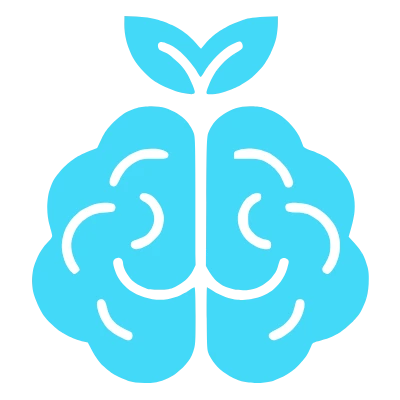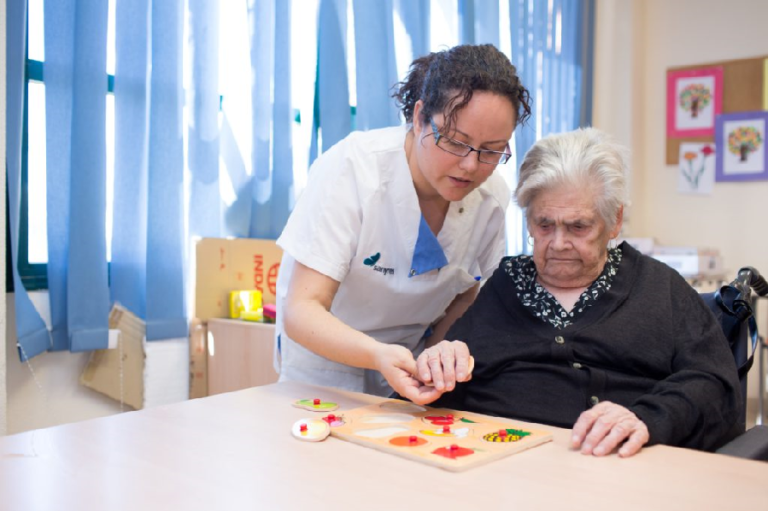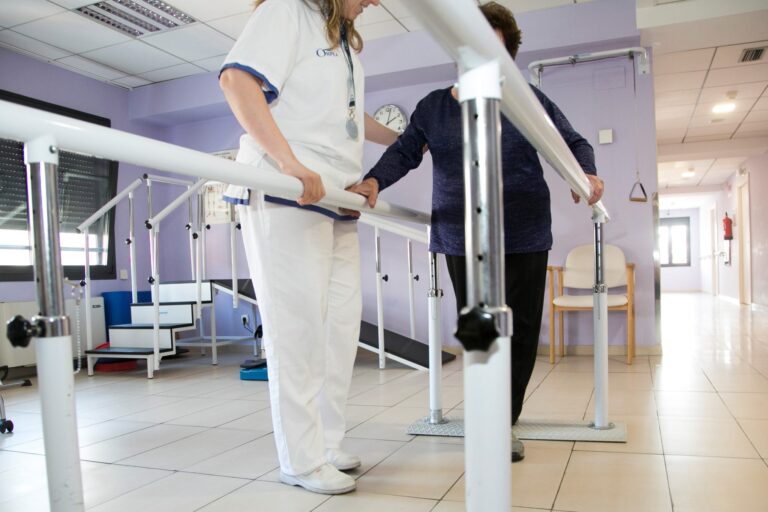Lack of sodium in older people is a very common disorder, but did you know that it can cause significant health problems?
Hyponatremia, as this condition is known, can cause everything from mild symptoms, such as dizziness and headache, to neurological problems.
Therefore, we must take into account the lack of sodium in older people, since brain damage due to hyponatremia is usually due to delayed diagnosis or following inappropriate treatments.
What is hyponatremia?
Hyponatremia is an electrolyte disorder, characterized by abnormally low levels of sodium in the blood. Although it can affect people of all ages, it is the elderly who are at greatest risk due to a number of physiological factors and underlying medical conditions.
When the sodium level within the body drops below normal (generally below 135 mEq/L), what happens is that the body retains excess water and thins the blood.
It must be emphasized that sodium is an important electrolyte for the proper functioning of the body, as it plays a crucial role in the regulation of water balance, neuromuscular function and blood pressure.
That is why when the amount of sodium in the body is insufficient, in relation to water, problems of confusion and lethargy initially arise, which, if not controlled, can lead to more serious problems such as coma and even death.
Causes of sodium deficiency in older people
Lack of sodium in older people can be due to multiple reasons:
Syndrome of inappropriate secretion of antidiuretic hormone (SIADH):
This is one of the most common causes of hyponatremia in older people. In this case, the body retains too much water due to inappropriate production of antidiuretic hormone, which dilutes blood sodium levels.
Hypothyroidism
When there is a decrease in the production of thyroid hormones, this can affect kidney function and cause hyponatremia.
Malnutrition
Malnutrition is common in older people and can lead to low sodium levels due to inadequate intake of essential nutrients.
Use of medications
Some medications commonly prescribed to older people, such as diuretics (which promote the elimination of water and sodium through urine), antidepressants, and medications for hypertension, can increase the risk of hyponatremia by affecting the balance of fluids and electrolytes in the body.
Chronic Diseases
Chronic medical conditions such as heart failure, liver or kidney disease, hypothyroidism and cancer can contribute to sodium deficiency in older people.
Excessive fluid consumption
In those elderly people who have a greater sensation of thirst due to medications, illnesses or hormonal changes, and who do not adequately control their fluid intake, they may consume excessive amounts capable of diluting sodium levels in the blood.
Main symptoms of sodium deficiency in older people
Symptoms of hyponatremia in older people can range from mild to life-threatening:
- Nausea and vomiting.
- Fatigue and weakness.
- Headache.
- Confusion or disorientation.
- Changes in mood, such as irritability or apathy.
- Balance and gait problems.
- Weakness or feeling of lack of strength.
- Seizures or coma, in severe cases.
- Respiratory problems.
It is important to note that symptoms may be subtle or misattributed to other age-related conditions, which can delay diagnosis and appropriate treatment.
If hyponatremia is not treated in time, important complications can arise:
- Neurological damage: Severe, or prolonged, hyponatremia can affect the functioning of the central nervous system and cause cognitive and speech problems, memory loss, and motor difficulties.
- Risk of falls and injuries: Confusion and weakness associated with hyponatremia can increase the risk of falls and fractures, especially in older people with balance problems.
- Cardiac complications: Low sodium levels can affect the heart rhythm and cause cardiac arrhythmias, tachycardia, palpitations and heart failure.
Treatment against low sodium in older people
Depending on the underlying cause and severity of symptoms, treatment for hyponatremia may include:
Dietary Changes
In mild cases, it may be necessary to modify the diet to increase sodium intake through regular food. We can also limit fluid intake to avoid further dilution of sodium levels in the blood.
Sodium Supplements
In the early stages, sodium supplements may be prescribed to gradually increase blood levels.
Medication Adjustment
If hyponatremia is related to taking certain medications, the doctor may adjust the doses or switch to alternative medications.
Treatment of the underlying disease
If hyponatremia is secondary to an underlying disease, such as heart failure or kidney disease, treatment will also focus on addressing that specific condition.
Saline solution therapy
In severe cases of hyponatremia, especially those causing significant neurological symptoms, it may be necessary to administer intravenous saline under medical supervision.
At NAMI we take the well-being of our residents very seriously and place food and nutrition as a priority in our residences. Our trained medical team is ready to offer expert, personalized care, including monitoring and managing medical conditions such as hyponatremia or sodium deficiency in seniors.
Contact our NAMI Day Centers and Residences today to obtain more information about our comprehensive care services focused on helping our seniors live with more health, safety and comfort.






